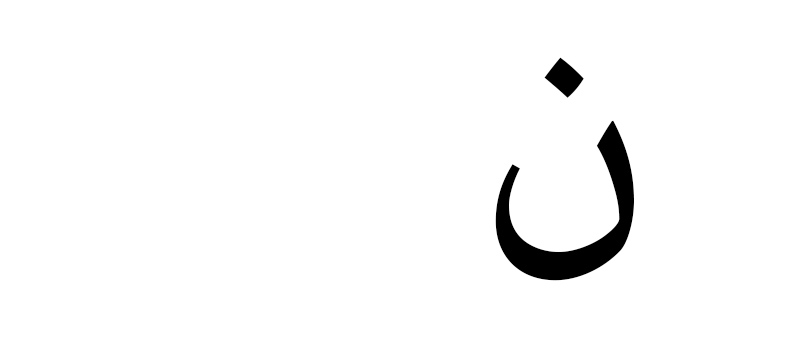I watch the breeze sway through the tips of wild grass a few feet from the picnic table. The weather outside is gorgeous today. The tranquility of my lunch cracks against the turmoil in my head. Sudan continues to be torn apart by war. Ukraine and Russia are doing their thing. And the ISIS situation is the hip social engagement point of the week. That conflict has definitely been eating at my wife; she changed her profile picture as a symbol of solidarity.
Solidarity is an interesting thing. It's easy for us to want to be part of something; it's good even! But then we can decide it is better to isolate ourselves from the those not in our group. In so doing, the pernicious "other" terminology starts to seep in, quickly souring to outright dehumanization of our enemies as John Umland unpacks on his blog.
Seth Godin, in a similar vein, recommends that as we find our "tribes" we simply say that "people like us are part of a thing like this" and leave it at that. This definitely applies to us homeschoolers. Rather than jumping on some kind of anti-public school bandwagon, we are part of the educational world and we do it like this. And it's awesome. It works for us. We love it -- most days -- but we're not here for anything other than mutual encouragement.
We're certainly not here to isolate ourselves. Rather, we are equipping our children to go out into the world. We're preparing them to soar. We are pouring into them now so they can go out filled and ready to bless others. As much as we may want keep our children with us, our aim is higher. We look forward, with some joyful pain, to the day we get to see them doing what God has called them to do ... apart from us. Hopefully they call or write every now and again.
But where is God calling them? What does it look like for them to walk the path God has placed before them? I think recent events bring such questions back to the forefront of our minds. One of my favorite films in The Mission. It's a movie that opens with a missionary tied to a wooden cross and sent over a waterfall to his death. The story grows in intensity and brutality from there. But it has a beautiful score, redemption scene, and an ending that begs us to consider: Has God called us to fight injustice or simply stand with the oppressed?
I, for one, am glad it does not give any easy answers. For easy answers there are none.
But the words of Jon Foreman's Your Love is Strong echo in my turbulent mind:
Two things You told me
That You are strong
And You love me
Yes, You love me
I know it's easy for me to even isolate myself from God, to run away, to try to do it on my own. But, as Rebecca LuElla Miller reminds us, we ought to be helping our kids realize: no matter what our outward circumstances, we are in need of a Savior. This need is true of us no less than they.
The turmoil in the Middle East is nothing new. Ken Chapman shared a fascinating summary of the history surrounding the Crusades. It's a great read, reminding us that people are people, not monsters. It also reminds us that wars, however important or of good intent, do cause tremendous harm (I found the part about the rift between Roman Catholics and Greek Orthodox to be horrifying and absurdly ironic). And I appreciate the reminder that
both the medieval and the modern soldier fight ultimately for their own world and all that makes it up. Both are willing to suffer enormous sacrifice, provided that it is in the service of something they hold dear...
Please continue to pray for our brothers and sisters in Sudan, Ukraine, Iraq, and many other places in the world that are not currently sensationalist enough to show up on the news. And pray for those who have yet to recognize their desperate need of Christ.
And praise God for beautiful days that remind us of His new mercies for whatever we are going through and His strong love for us.
~Luke Holzmann
Filmmaker, Writer, Pseudo-Dad
P.S. The article about the Crusades reminded me of Sonlight's What Good is Christianity? course. It is important to consider history in light of many common complaints against the religion "of the West."






[…] am so excited about this year's giving opportunity. The fact that recent events have made Islam a topic of national discussion, to me, glows of providence. Now -- now -- now is […]
[…] real. This is life. But almost a month ago I attempted to plant a seed for this moment. I urged us not to isolate ourselves. I did so intentionally in preparation for […]
Loved your blog post! I was just this morning crying out to the Lord on behalf of all persecuted Christians and the nation of Israel. They are all our brothers and sisters in Christ and we must not forget about them. I was trying to write and be creative this morning but God was needing praying intercessors. Great article!
Thank you for praying, Jasmine!
~Luke
Just like your wife, what seems to be like a more elevated, insidious level of turmoil has been troubling our family of late. We try to remind each other, in Mordecai's immortal words (from the KJV),
P.S. Thanks for the link.
May we be willing to walk where God calls us.
~Luke